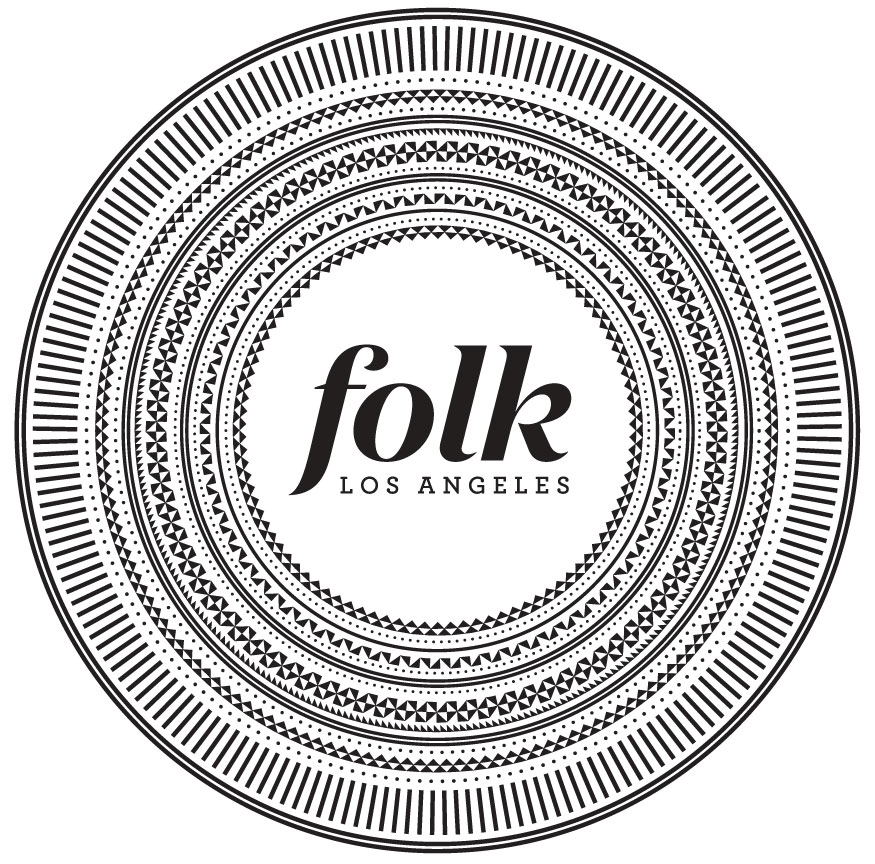The Four Basic Principles that Helped Me Understand Boundaries
Learning boundaries has been one of the hardest lessons I’ve had to learn in my adult life. I recently read an article that spoke about the neural pathways that are created in our brains based on our habits and behaviors. These neural pathways are most commonly developed when we are under 8 years old and during puberty. Puberty for a girl is 8 to 12, so life under the age of 12 has defined the way I personally perceive life. If you're anything like me and had a few hard things happen before the age of 12, your pathways are guiding you into negative and damaging thought processes. I highly recommend watching this video to give you more of a comprehensive explanation.
The positive news about these pathways is that you can retrain them to make new ‘trails’. You'll never be able to undo the pathways created in your puberty years but by using these three steps you can create new ways of perceiving life:
1) Choose a new thought pattern or behavior that would serve you well
2) Repeat the new choice a lot so your synopsis become efficient
3) Boost that electricity by spending less energy on other things.
A great example in the video is the idea of traveling through the amazon. The already worn in highway isn’t taking you where you want to go, so you are forced to make a new path. You create that new path by using a machete to cut back the overgrown forest to make a new way. However, if you only do it once, the cleared path will quickly be overgrown again and you’ll have lost your pathway as quickly as you formed it. But, if you go back through it again and again for 45 days and continue to cut down the path in that same way, you will eventually create a new, well worn in path.
As you are creating your new pathways, the best way to these new ways of thinking are your boundaries. An almost elusive term I felt I had a grasp on, until taking inventory of how worn-out I was after too many tiring conversations and past unrealistic job expectations. I held onto the imagery of yards and fences I was once told to explain boundaries and although the idea was right, it really did nothing for me in the way of practical application. It wasn’t until I learned these four guide posts of boundaries that I gained a clearer understanding. As you read each one, take inventory of your life and the people in it to see if you understand and are applying healthy boundaries.
Time
You have the right to define how and with whom you want to spend your time. Ask yourself if there are people who make unreasonable demands on your time, or who ask you to do tasks for them that they are capable of doing for themselves.
Values
You have the right to define your most important values, and to be shown respect for your beliefs. Ask yourself if there are people in your life who question your values, or make you feel bad for your beliefs.
Emotions
You have the right to be self-protective of your emotions, and remove yourself from people or situations that repeatedly and intentionally cause you emotional distress. Ask yourself if there are people in your life that are thoughtless or even cruel with their words or actions.
Space
You have the right to define your physical and emotional space, and to control and manage your own body. Ask yourself if there are people who don’t respect your physical space, or your right to privacy.
If there’s anything I’ve learned in 2020, it’s the vital importance of knowing what you stand for and in turn, knowing your boundaries. Like Alexander Hamilton said, “Those who stand for nothing fall for anything” and the only way to truly stand for something is to know yourself deeply. From that place, you will create convictions and boundaries to protect them. I promise you, the work of self examination will be extremely hard, and I assure you, you will want to give up. But I can also promise you there is nothing else that will serve you as well and as long lasting as knowing deeply you who you were created to be.

